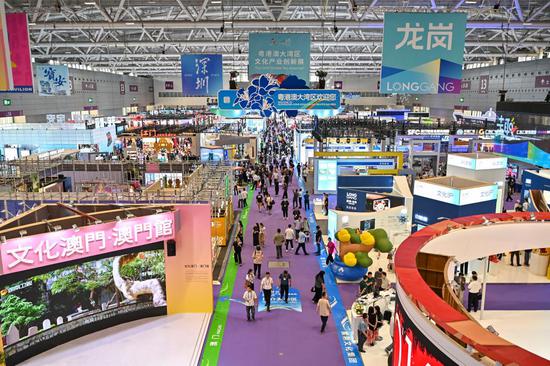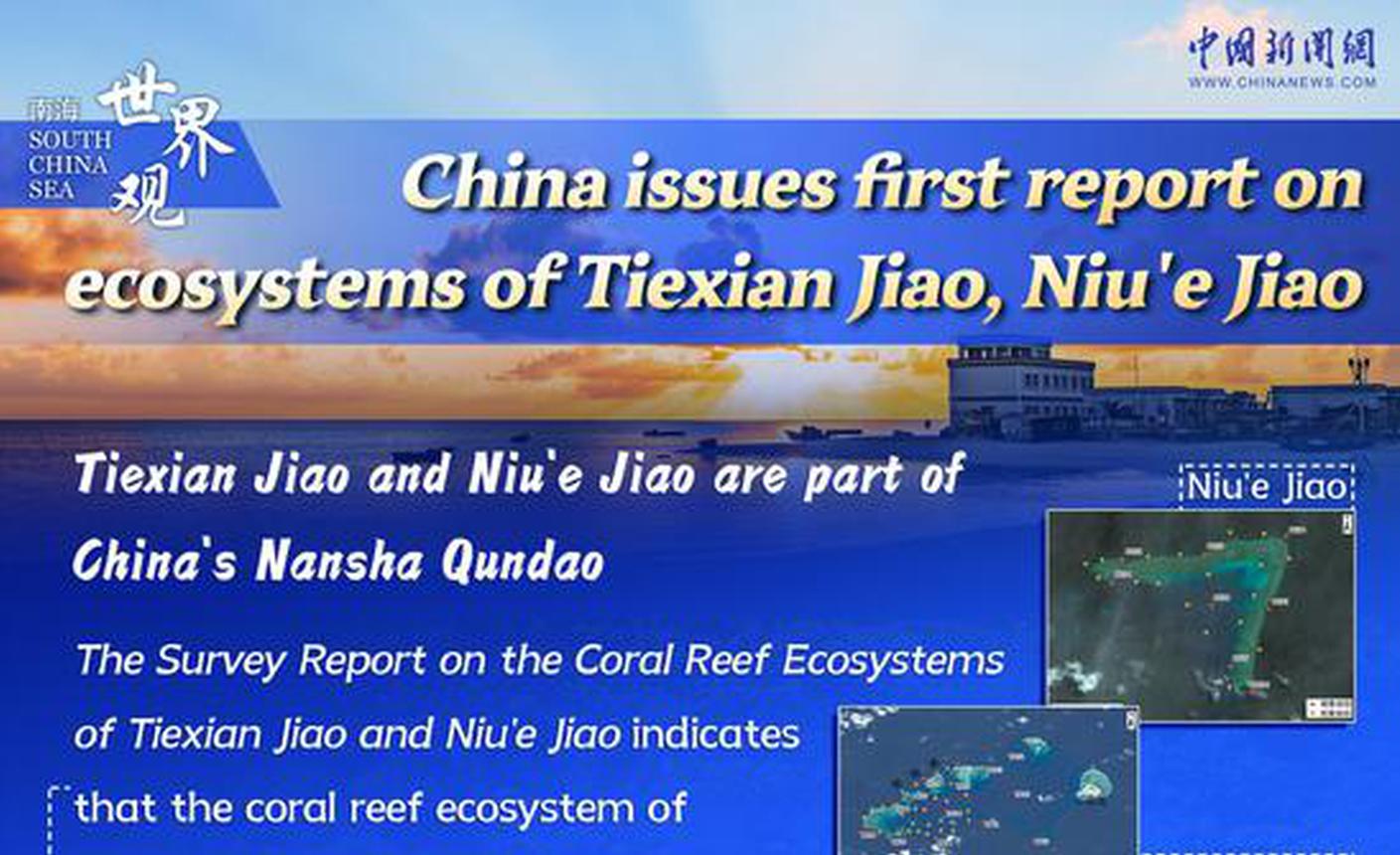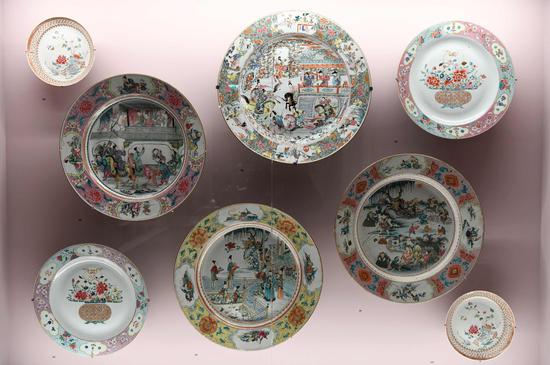This year's June 18 online shopping carnival — also known as "618" — has kicked off one week earlier than previously.
Scrolling through cross-border e-commerce platforms such as JD Worldwide and Tmall Global, I filled my shopping carts with imported items, ranging from outdoor camping equipment, hand-drip coffee products to kitchen utensils.
For the midyear shopping festival, major online retailers have offered steep discounts and shopping subsidies on a wide range of imported and foreign-branded products, simplifying promotional methods with direct price cuts as a preferred strategy to woo price-sensitive consumers.
I also bought some fresh produce for my parents, including Chilean cherries, Norwegian salmon and New Zealand milk, all of which will be delivered to their home in just a few days. The cross-border online shopping is very convenient, and the products seem worth the price I paid for them.
Nowadays, a rising number of Chinese shoppers are embracing cross-border online marketplaces for high-quality and diverse imported items, driven by enhanced logistics efficiencies and a series of preferential policies such as lower tariffs, and an expanded list of imported goods.
It is undeniable that China's cross-border e-commerce sector has been growing exponentially over the past few years, as the nation's middle and high-income shoppers are inclined to buy diversified, personalized and niche commodities.
Industry experts told me that price, selection of products and logistics are the most important factors Chinese consumers consider while buying imported products. The platforms that can offer diverse products at competitive prices, fast delivery and good shopping experiences will gain an upper hand amid the fierce competition.
According to JD Worldwide's white paper on China cross-border consumption trends 2024, more than 80 percent of Chinese consumers are interested in imported products, with many prioritizing authenticity, quality and fast delivery.
During last year's Singles Day shopping extravaganza, sales of cross-border products on JD's online marketplaces witnessed robust growth, with the sales of more than 600 brands surging more than 100 percent year-on-year.
People aged between 26 and 35 are the main consumers of imported commodities, accounting for 45 percent of buyers, while consumers in the 46-55 age group have contributed to the fastest growth in purchases of imported products, said a report released by JD's Consumption and Industry Development Research Institute.
Personal care products, cosmetics and skincare, food and beverages, as well as maternity and infant products are the categories most favored by Chinese consumers purchasing imported goods, the report said.
While residents living in first-tier cities have become the primary purchasers of imported products, consumers in small cities have also shown a growing interest in buying such commodities.
The country's cross-border e-commerce market hit 2.63 trillion yuan ($363.4 billion) in 2024, a year-on-year increase of 10.8 percent, said the General Administration of Customs.
"Young Chinese consumers, especially Gen Z — those born between the mid-1990s and the early 2000s — think and judge independently while choosing brands, and prefer to pursue niche lifestyles and personalized products," said Li Yanchuan, head of Amazon China Global Store and Prime.
Li noted that sales of fishing, skiing, camping and other outdoor sporting equipment have witnessed rapid growth, while virtual reality equipment, healthcare and nutritional goods have been favored by Chinese shoppers in recent years.
Moreover, China has been optimizing the list of imported retail goods for cross-border e-commerce. A total of 29 product categories with strong demand from consumers, including ski gear, dishwashers and tomato juice have been added to the list, according to a statement jointly issued by the Ministry of Finance and seven other central government departments.
Zhang Zhouping, an independent analyst who has been tracking the cross-border e-commerce sector for more than a decade, said cross-border e-commerce has played a significant role in enriching product supply, bolstering the recovery of consumption, and catering to the needs of consumers.
Online shopping via livestreaming videos — an easy way for domestic consumers to find detailed information on overseas products — is popular among the post-1980s and post-1990s generations, he added.


















































 京公網安備 11010202009201號
京公網安備 11010202009201號